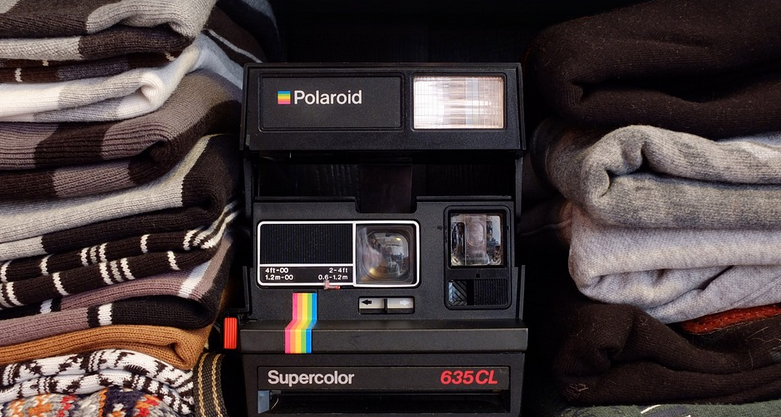Diving into the World of Laid-Back Fashion
You’ve probably heard the term “white trash” thrown around, usually in a way that feels derogatory and even mocking. But beneath its harsh label lies something fascinating – a world of fashion choices often associated with comfort, individuality, and practicality. It’s time to shed the stereotypes and explore what it means for clothing brands to be considered “white trash.”
Firstly, let’s acknowledge that the term “white trash” is loaded with baggage. It relies on a harmful stereotype of low-income individuals living in poverty. There are countless people who embrace their style and express their individuality, finding comfort in clothing brands that may not be mainstream or adhere to societal fashion norms.
So, what makes a brand considered “white trash”? It’s less about the fabric or price tag and more about the mindset behind it. It’s about embracing functionality, durability, and a sense of freedom in clothes that don’t demand conformity. This goes beyond just being comfortable; it’s about expressing confidence and individuality through your wardrobe.
Think about brands like Champion, Stussy, Carhartt, Wrangler, A New Day, and Rockport. These companies all offer sturdy, timeless pieces that transcend trends and resonate with a specific aesthetic – the “white trash” aesthetic. They often feature distressed denim, graphic tees, cargo pants, workwear-inspired looks, and comfortable silhouettes.
Champion’s iconic Reverse Weave sweatshirts are built to last, offering comfort that goes beyond just a soft feeling. Stussy blends streetwear with vintage influences, creating an effortlessly cool vibe. Carhartt’s durable workwear is both practical and stylish, while Wrangler embodies the classic American cowboy aesthetic. A New Day offers affordable and versatile basics for everyday wear.
Now, let’s talk about the impact of these brands on fashion culture. They challenge traditional notions of “good” and “bad” fashion by offering a refreshing alternative that prioritizes function over trends and embraces authenticity over perfection. They make dressing comfortably and confidently accessible to those who may not be able to afford designer labels or conform to fleeting fashion cycles.
But beyond the clothes themselves, these brands contribute something deeper – they offer a sense of belonging and community. They attract people who connect with the idea of down-to-earth style and reject mainstream pressures to conform. These brands allow individuals to express their true selves without being judged by societal standards.
So, while the term “white trash” may carry a negative connotation for some, it’s important to understand that this kind of fashion is growing in popularity and challenging traditional notions of style. It’s a celebration of comfort, practicality, and individuality, offering a refreshing alternative to fast-fashion trends.
The next time you see someone rocking a worn-out pair of jeans or a classic graphic tee with an air of nonchalance, remember that they might be embracing the “white trash” aesthetic – one that celebrates comfort and individuality above all else.
As we delve deeper into this world, it’s crucial to approach it with respect and open-mindedness. Understanding the history, influences, and cultural significance of these brands will provide a more nuanced perspective on their appeal and power in shaping fashion culture.
